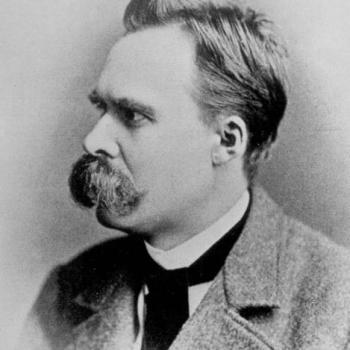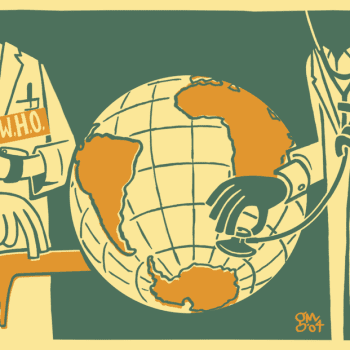Supreme Court Justice Antonin Scalia, arguably the most conservative member of the court, died Saturday at the age of 79. Justice Scalia was a major influence in conservative jurisprudence.
With his death, President Obama would have the opportunity to extend his legacy with a Supreme Court appointment, one that would surely tip the balance towards the left. But Republican lawmakers are saying they will block any Obama nomination, letting the next president make the appointment.
What will this mean for cases currently before the court, including those that have been voted upon but not publicly announced? Lots. See the details after the jump.
From Supreme Court Justice Antonin Scalia dies at 79 – The Washington Post:
Supreme Court Justice Antonin Scalia, the intellectual cornerstone of the court’s modern conservative wing, whose elegant and acidic opinions inspired a movement of legal thinkers and ignited liberal critics, died Feb. 13 on a ranch near Marfa, Tex. He was 79.
The cause of death was not immediately known.
In a statement Saturday, Chief Justice John G. Roberts said: “On behalf of the Court and retired Justices, I am saddened to report that our colleague Justice Antonin Scalia has passed away. He was an extraordinary individual and jurist, admired and treasured by his colleagues. His passing is a great loss to the Court and the country he so loyally served. We extend our deepest condolences to his wife Maureen and his family.”. . .
Justice Scalia, the first Italian American to serve on the court, was nominated by President Ronald Reagan in 1986 and quickly became the kind of champion to the conservative legal world that his benefactor was in the political realm.
An outspoken opponent of abortion, affirmative action and what he termed the “so-called homosexual agenda,” Justice Scalia’s intellectual rigor, flamboyant style and eagerness to debate his detractors energized conservative law students, professors and intellectuals who felt outnumbered by liberals in their chosen professions. . . .
Justice Scalia was the most prominent advocate of a manner of constitutional interpretation called “originalism,” the idea that judges should look to the meaning of the words of the Constitution at the time they were written.
He mocked the notion of a “living” Constitution, one that evolved with changing times, as simply an excuse for judges to impose their own ideological views.
[Keep reading. . .]
From Tom Goldstein, What Happens to This Term’s Close Cases? Scotusblog:
The passing of Justice Scalia of course affects the cases now before the Court. Votes that the Justice cast in cases that have not been publicly decided are void. Of course, if Justice Scalia’s vote was not necessary to the outcome – for example, if he was in the dissent or if the majority included more than five Justices – then the case will still be decided, only by an eight-member Court.
If Justice Scalia was part of a five-Justice majority in a case – for example, the Friedrichs case, in which the Court was expected to limit mandatory union contributions – the Court is now divided four to four. In those cases, there is no majority for a decision and the lower court’s ruling stands, as if the Supreme Court had never heard the case. Because it is very unlikely that a replacement will be appointed this Term, we should expect to see a number of such cases in which the lower court’s decision is “affirmed by an equally divided Court.”
[Keep reading. . .]
HT: Jeremiah Oehlerich















